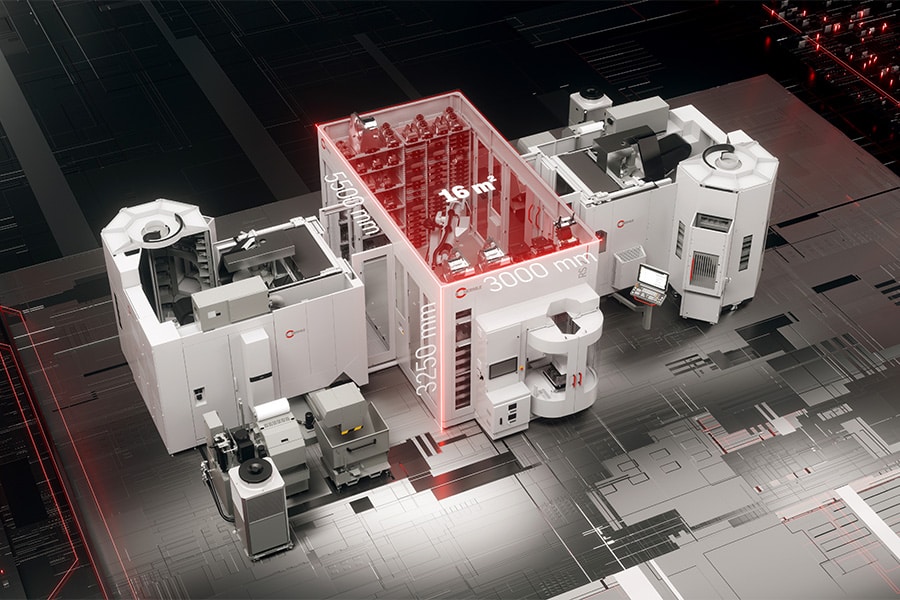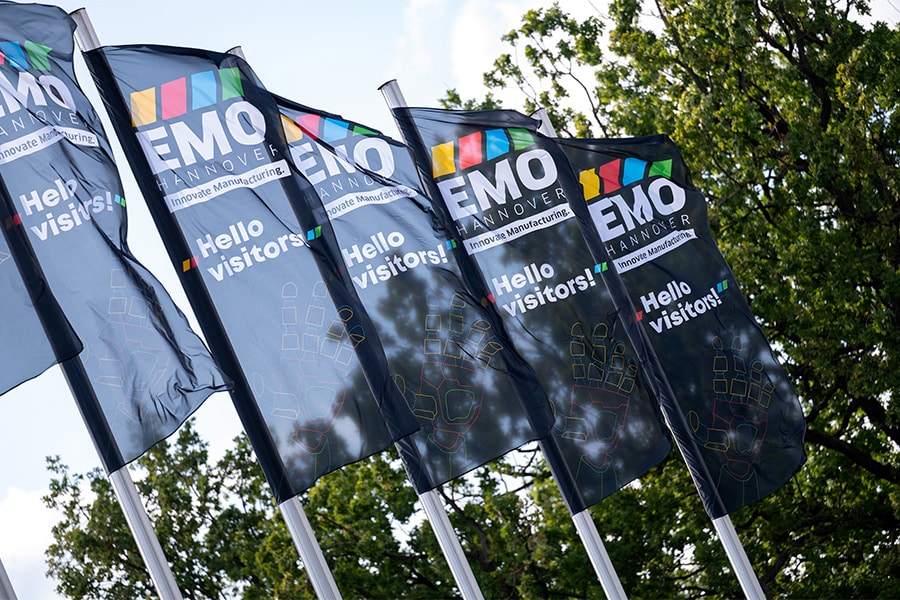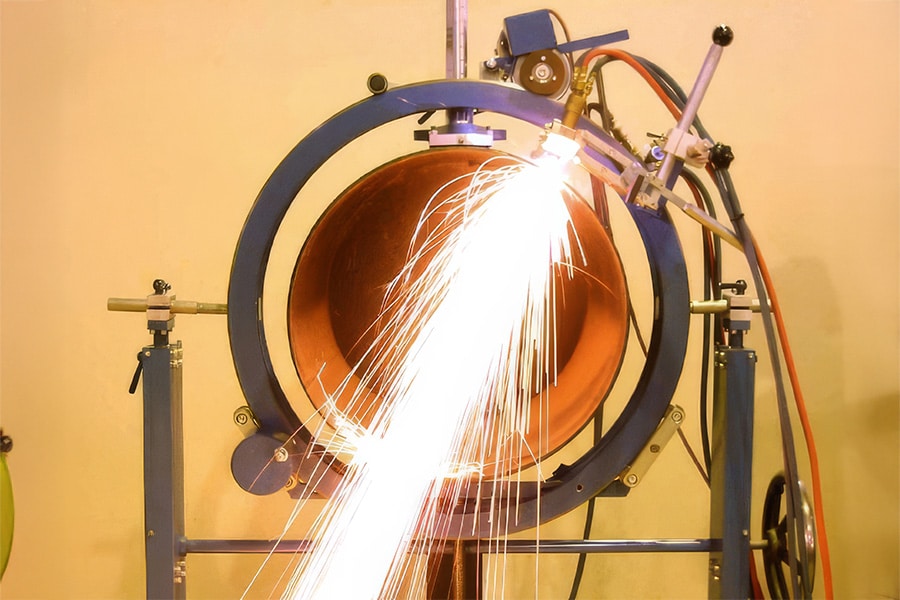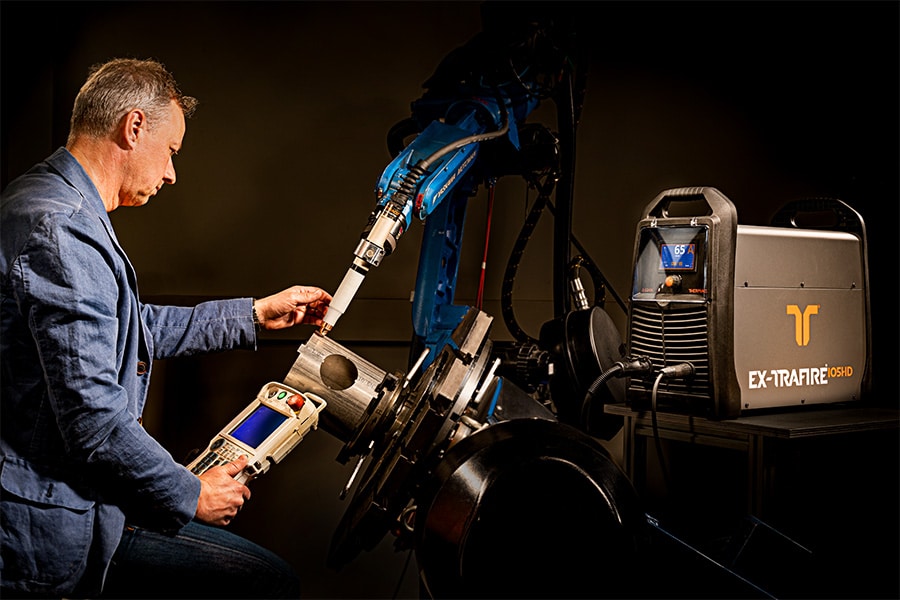
Don't let welding fumes endanger the health and safety of your employees
Industry is one of the biggest polluters on our globe, but at the same time it is also where the foundations for a sustainable future are being laid. Major investments are being made in technology to allow industrial processes to run smoothly without negative consequences for the environment and the health of employees. Nederman has been a leading developer and supplier of contaminant extraction products and solutions for more than 75 years. This involves the use of state-of-the-art air filtration techniques. The result? A "clean" and safe working environment as well as increased efficiency and productivity on the shop floor.

The welding fumes generated in the processing of stainless steel and low alloy steel include elements of a carcinogenic nature, such as nickel, cadmium, manganese... These fumes consist of solid particles, which are formed when metal vapors condense. The smaller those particles, the more dangerous. When that smoke is inhaled, the substances penetrate deep into the lungs. There, they can cause significant damage and enter the welder's bloodstream.
"To properly monitor the welding process and thus do a good job, a welder must bring his head close to the torch. However, this way he inhales a lot of fumes and is exposed to high concentrations of hazardous substances. The volatile emissions from welding fumes can also quickly reach other colleagues," indicates Gunther Maes, sales manager at Nederman. "In addition, welding fumes and fumes also have a negative impact on the operation of automated welding systems, and can even damage workpieces. Efficient extraction of welding fumes, preferably as close to the source as possible, is highly recommended and actually indispensable. For 75 years Nederman has provided products and solutions that protect welders from fumes and vapors in their working environment: mobile, stationary, central and technically adapted systems."

Various solutions
Depending on the application, Nederman can always offer a suitable solution. In most cases, extraction arms, available in various, flexible designs, are chosen to be connected to fixed or mobile extraction and filter systems. Mobile systems include the FilterCart or FilterBox, for fixed systems we think of MJC-mini and MCP or LCP-Smart filter systems. For automated installations with welding robots, one more often chooses a method with on-tool/on-torch extraction or integrated MIG nozzles. With spatial welding fume extraction, an MCP-16RC is placed centrally in the hall, without source extraction. In this way, contaminated air is repeatedly drawn through the filter, trapping welding fume and dust particles. The clean air is then blown back into the workshop at height. Other possible systems are exhaust tables or hoods.

"We take full ownership of each project and handle design, engineering, production, assembly, commissioning and maintenance. After all, operation depends on the quality of the products, perfect assembly and proper maintenance. Customers can also come to us for upgrading older systems and for all advice on regulations and standards in order to achieve a 'clean', healthy, safe and productive working environment," concludes Gunther Maes. "Good air filtration systems with source extraction save lives by extracting and filtering the contaminated air. Such systems not only create a safer working environment for employees, but also increase production efficiency and reduce energy consumption. They also have a positive effect on the climate in general. They reduce emissions of pollutants and greenhouse gases, leading to better air quality."



